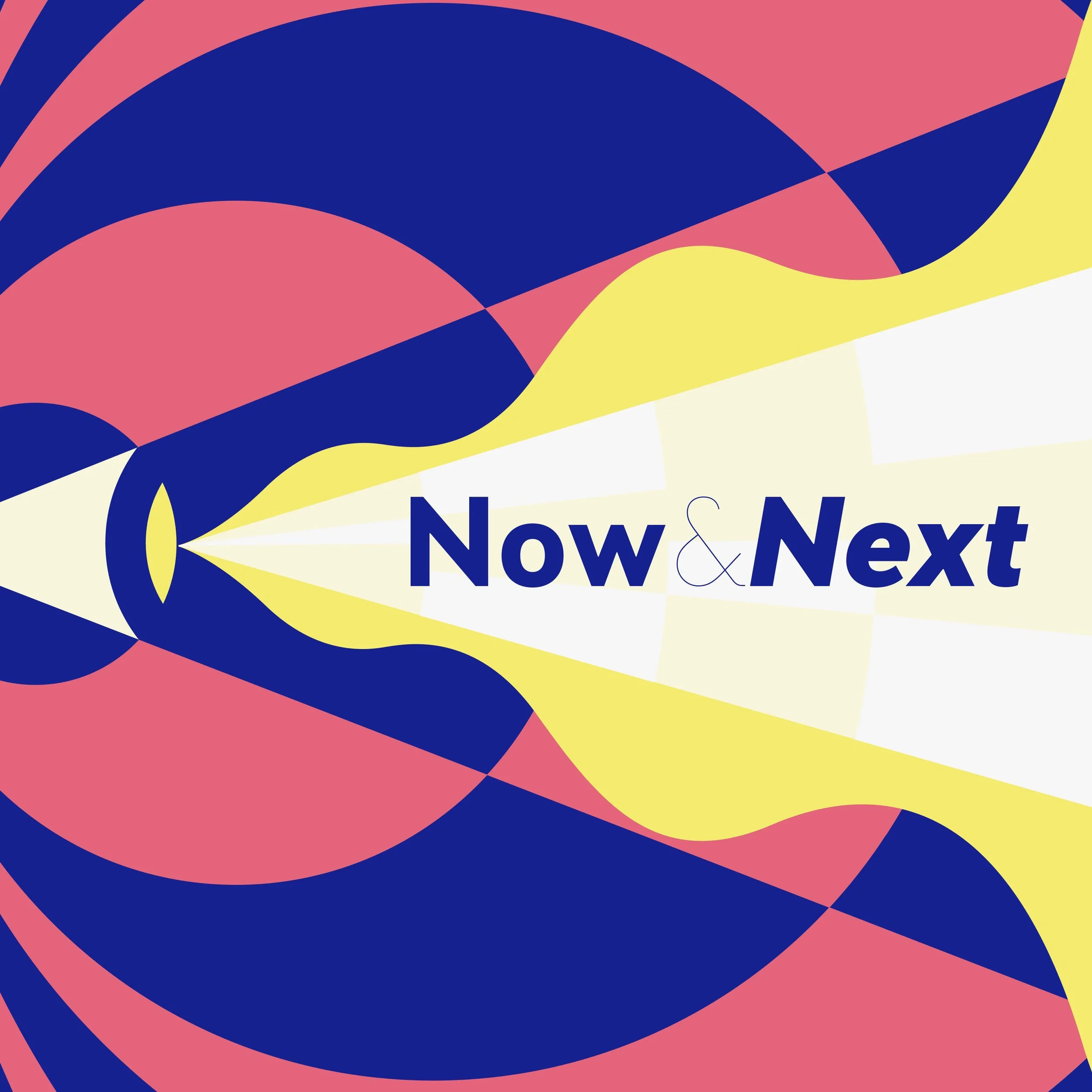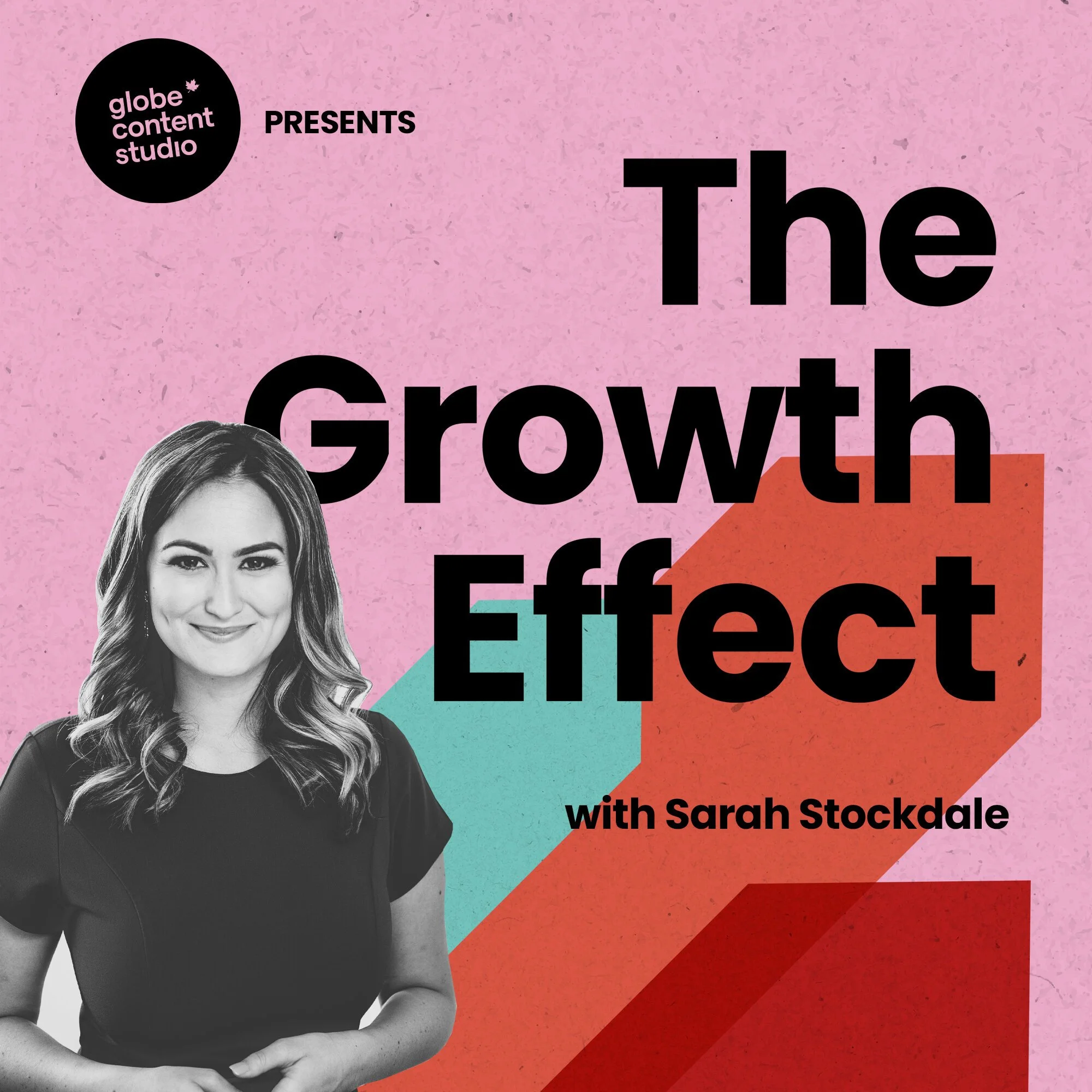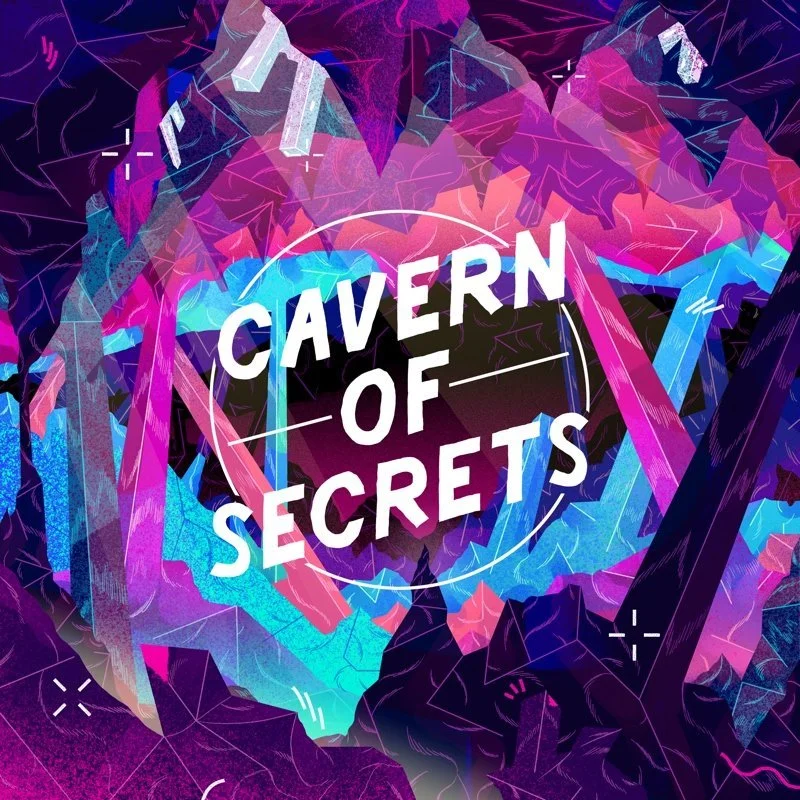How I Became A CBC Podcast Host
With Elena Hudgins Lyle of Inappropriate Questions
Hi podcaster! I’m Elena. You may know me as co-host of the CBC podcast Inappropriate Questions. (Or if you’re a longtime Vocal Fry follower, this little project?)
I still feel pretty new to my podcasting journey, but I’ve reached a point where people will ask me how I got here. And to be honest, I suck at answering.
So instead of a nice concise “how,” here are the most important things I’ve learned from every step of my career— from university to hosting a CBC podcast—that might be helpful for aspiring pro podcasters to know.
What is there to get out of media school?
I got my BA in Media Production at Ryerson University. That’s where I met my Inappropriate Questions co-producers. Aside from building your #squad, the best thing about a practical production degree? It forces you to make things. In my audio classes, I produced radio plays, songs, and documentaries. In my third year, I made a doc about losing my mom and trying to recover her voice. That piece is still in my portfolio, four years and lots of experience later.
Whether or not you do it at school, build your portfolio. Screw perfection. Just keep adding to it. A track record will translate into trust. I’m willing to bet that using my portfolio to secure internships was an early key to my career.
School gave me a work-ready toolkit of creative and technical skills but there were other skills I regret missing out on. If you’re looking to make factual podcasts, you’re going to want some journalistic skills. Leaving uni, I didn’t know how to chase produce—finding and booking the right guests (Might sound straightforward, but it takes practise). I’m making up for that now.
If you’re headed for a media production degree, take some journalism courses. You won’t regret it.
Things I learned while interning
In my last year of school, I interned at CBC, and then at Vocal Fry. I got to try a bit of everything: I chased guests, edited audio, engineered recording sessions, cleaned up auto-generated transcripts, and wrote a blog series. I still use those skills, and trying skills out in a professional context that welcomed imperfect learning was golden.
Wherever you’re at, do the thing you haven’t done yet. Learn even the smallest skills that you don’t think you’ll need. Become the cliché well-rounded media professional of your dreams!
By far my favourite lesson from interning—networking is not what you think it is. At school, I went to networking events and tried to awkwardly talk up the “right” people. But schmoozing didn’t make or break my career. I made more strides by forging longer-lasting relationships. At CBC, the people who got me work were my internship supervisors who had seen me in action. With any opportunity, the best way to make connections is to do your best work and be kind. That’s it.
Okay, but get to the part where you actually start a podcast!
I’d like to think a lot of IQ’s success, first as an independent show, and then as a CBC podcast, was thanks to a really strong first season. I want to tell you, “Just make the best show you can!”
But it’s not so simple.
My team and I wanted to ace every detail of our launch. We planned a social media strategy, took hours and hours designing our logo, and stayed up until 3 AM mixing new episodes every Sunday before they dropped. That had a cost. The month we launched, I had a weird new stress symptom every weekend, and even went to the ER once for chest pains.
To us, making something highly produced was worth it. But you don’t want to burn out, especially if you have multiple work commitments.
Your show can be as awesome as you want it to be. But decide what’s sustainable. If you want to work your tail off, make the most perfect thing you can, and hopefully have it take off, make a plan to manage your stress. If you want to make something good, but not squeeze every ounce of your soul into it, that’s great too!
Consistency is part of greatness. Having fun should be part of it, too.
So You Want to Join a Podcast Network
I get asked a lot about CBC’s pitch process, and truthfully, I don’t know much about it. I can only speak from what I know of networks more broadly, and what I think CBC liked about IQ.
If you’re looking to join or pitch to a network, know the network. What do they need? Any genres or formats they haven’t touched? How would you fit their existing brand, and how would you grow it? Conversely, how can they grow your show? Be sure you have answers to these before proceeding.
I also think IQ was hard to say no to. In our case, having a successful first season was a point in our favour. Our show’s format is also quite simple, and making it better was not going to cost an arm and a leg. If you already have your basics covered, and just need an extra boost in audience numbers or production support, you’re in a good position.
If you do get picked up, you might have to change how you do things. Adjusting our small-team workflow to an extended team was tricky. As a young producer with a new project, I expected to battle to earn trust and respect. But really, I could have let my guard down much sooner. My boss and colleagues could see past our greenness; they met us with grace and appreciated our team’s drive and care.
“Trust people” may sound weird as podcasting advice.
In my experience, people in this space want to see you succeed. I owe my career to the many professionals who took time to mentor me, and to knowledge-sharing with other newbie podcasters. Think back to where this industry grew from: indie basement shows doing promo swaps on USB mics. We grow from supporting each other. As you do your own thing and look for opportunities, you’ll find others willing to lift you up. Cherish them.











From Chosen Families to Queer Cowboys